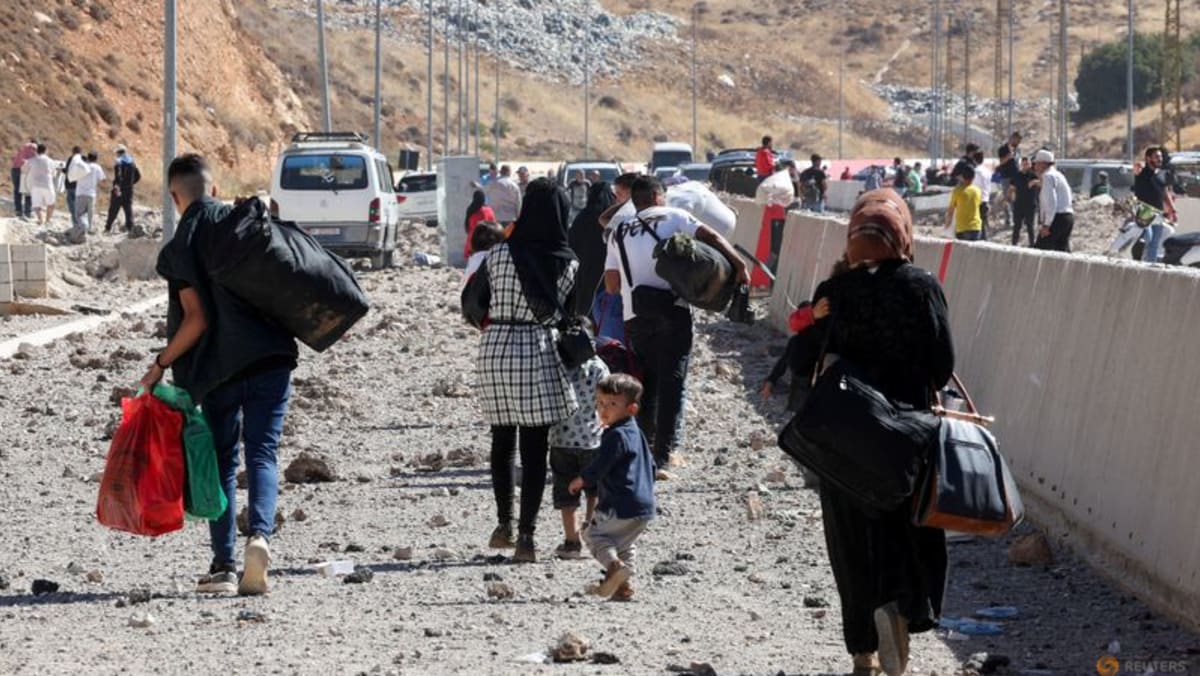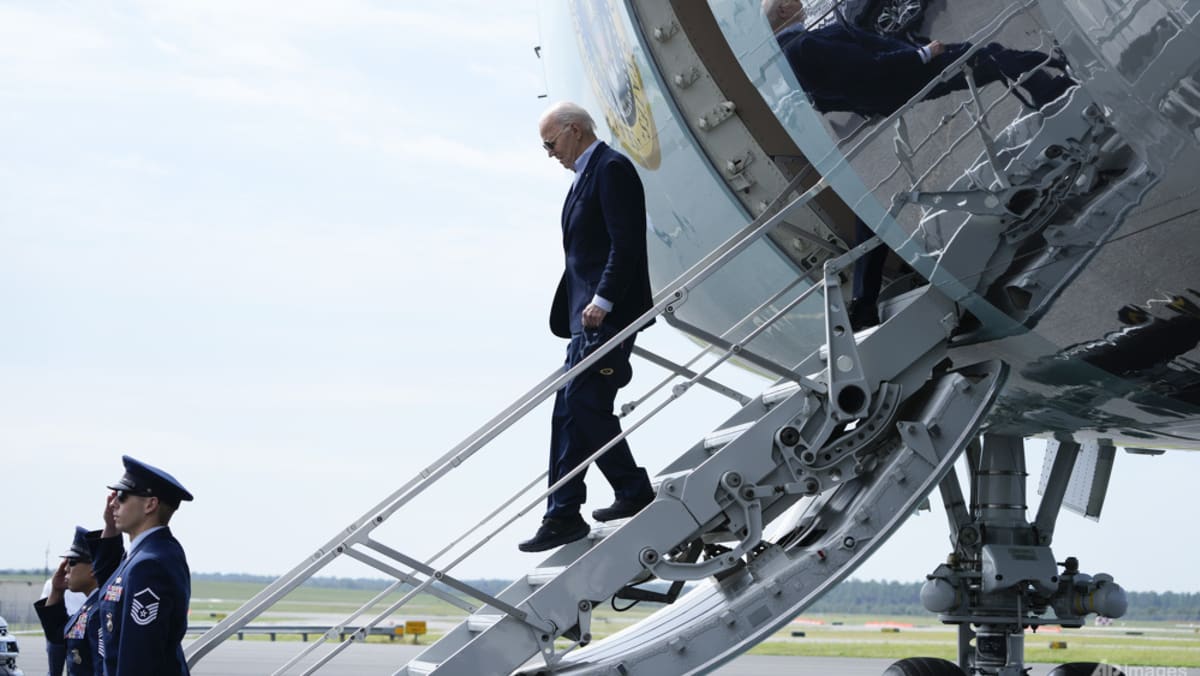Hamas leader Yahya Sinwar is unrepentant about the Oct 7 attacks a year ago, people in contact with him say, despite unleashing an Israeli invasion that has killed tens of thousands of Palestinians, laid waste to his Gaza homeland and rained destruction on ally Hezbollah.
For Sinwar, 62, architect of the Hamas cross-border raids that became the deadliest day in Israel’s history, armed struggle remains the only way to force the creation of a Palestinian nation, four Palestinian officials and two sources from governments in the Middle East said.
The Oct 7, 2023, attacks killed 1,200 people, mainly civilians, and captured 250 hostages, according to Israeli tallies, in the deadliest day for Jews since the Holocaust.
Israel responded by launching a massive offensive, killing 41,600 people and displacing 1.9 million, according to Palestinian health authorities and figures from the United Nations.
Now the conflict has spread to Lebanon, with Israel heavily degrading Iranian-backed militant group Hezbollah, including killing most of its leadership. Hamas patron Tehran is at risk of being pulled into open war with Israel.
Sinwar has drawn Iran and its entire “Axis of Resistance” – comprising Hezbollah, Yemen’s Houthis and Iraqi militias – into conflict with Israel, said Hassan Hassan, an author and researcher on Islamic groups.
“We’re seeing now the ripple effects of Oct 7 Sinwar’s gamble didn’t work,” Hassan said, suggesting that the Axis of Resistance may never recover.
“What Israel did to Hezbollah in two weeks is almost equal to a whole year of degrading Hamas in Gaza. With Hezbollah, three layers of leadership have been eliminated, its military command has been decimated, and its important leader Hassan Nasrallah has been assassinated,” added Hassan.
However, Sinwar’s grip on Hamas remains unwavering, despite some signs of dissent among Gazans.
He was chosen as the Islamist movement’s overall leader after his predecessor Ismail Haniyeh was killed in July by a suspected Israeli strike during a visit to Tehran. Israel has not confirmed its involvement in the strike.
Operating from the shadows of a network of labyrinthine tunnels under Gaza, two Israeli sources said Sinwar and his brother, also a top commander, appear to have so far survived Israeli airstrikes, which have reportedly killed his deputy Mohammed Deif and other senior leaders.
Dubbed “The Face of Evil” by Israel, Sinwar operates in secrecy, moving constantly and using trusted messengers for non-digital communication, according to three Hamas officials and one regional official. He has not been seen in public since Oct 7, 2023.
Over months of failed ceasefire talks, led by Qatar and Egypt, that focused on swapping prisoners for hostages, Sinwar was the sole decision-maker, three Hamas sources said. Negotiators would wait for days for responses filtered through a secretive chain of messengers.
Hamas and Israel did not respond to requests for comment.
Sinwar’s high tolerance for suffering, both for himself and for the Palestinian people, in the name of a cause, was apparent when he helped negotiate the 2011 exchange of 1,027 prisoners, himself included, for one kidnapped Israeli soldier held in Gaza. The kidnapping by Hamas had led to an Israeli assault on the coastal enclave and thousands of Palestinian deaths.
Half a dozen people who know Sinwar told Reuters his resolve was shaped by an impoverished childhood in Gaza’s refugee camps and a brutal 22 years in Israeli custody, including a period in Ashkelon, the town his parents called home before fleeing after the 1948 Arab-Israeli war.
The question of hostages and prisoner swaps is deeply personal for Sinwar, said all the sources, who requested anonymity to speak freely about sensitive matters. He has vowed to free all Palestinian prisoners held in Israel.
Sinwar became a member of Hamas soon after its founding in the 1980s, adopting the group’s radical Islamist ideology, which seeks to establish an Islamic state in historic Palestine and opposes Israel’s existence.
The ideology views Israel not only as a political rival but as an occupying force on Muslim land. Seen in this light, hardships and suffering are often interpreted by him and his followers as part of a larger Islamic belief of sacrifice, experts on Islamic movements say.
“What lies behind his resolve is tenacity of ideology, tenacity of goal. He’s ascetic and satisfied with little,” said one senior Hamas official who requested anonymity.














